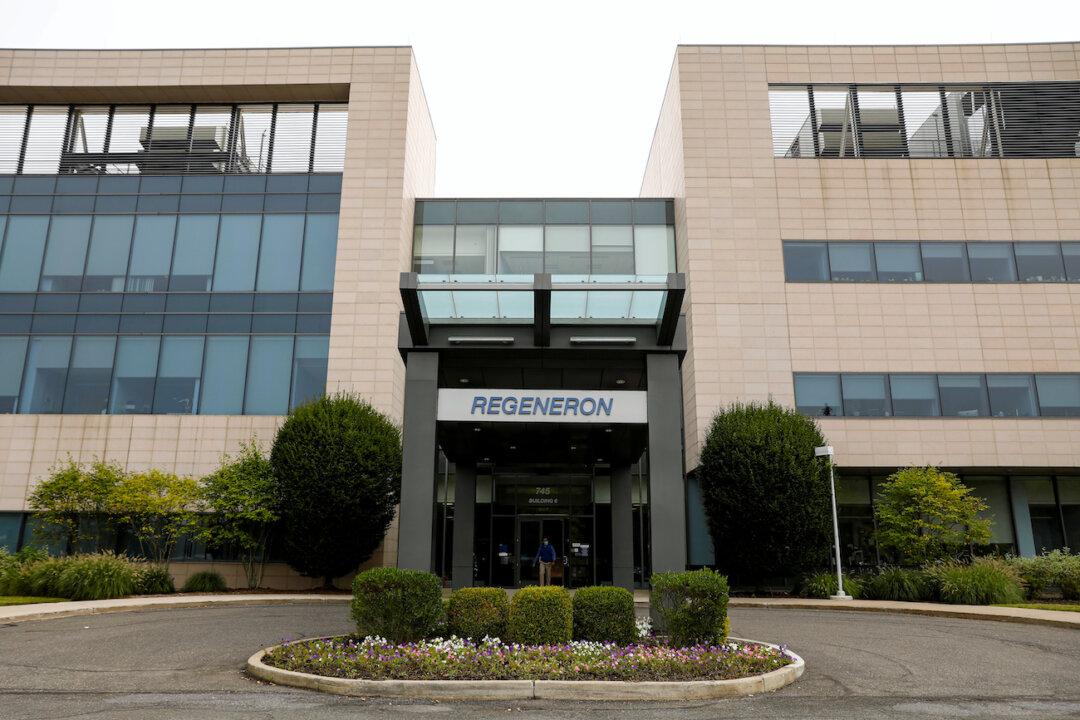Regeneron Pharmaceuticals said on June 4 that the Food and Drug Administration (FDA) is allowing a lower dose of its CCP virus treatment for injection.
The approval comes as an update to the FDA’s emergency use authorization (EUA) for the company’s antibody cocktail to treat COVID-19, the disease caused by the CCP (Chinese Communist Party) virus. The treatment has been available under the EUA since last November for those recently diagnosed with COVID-19.




